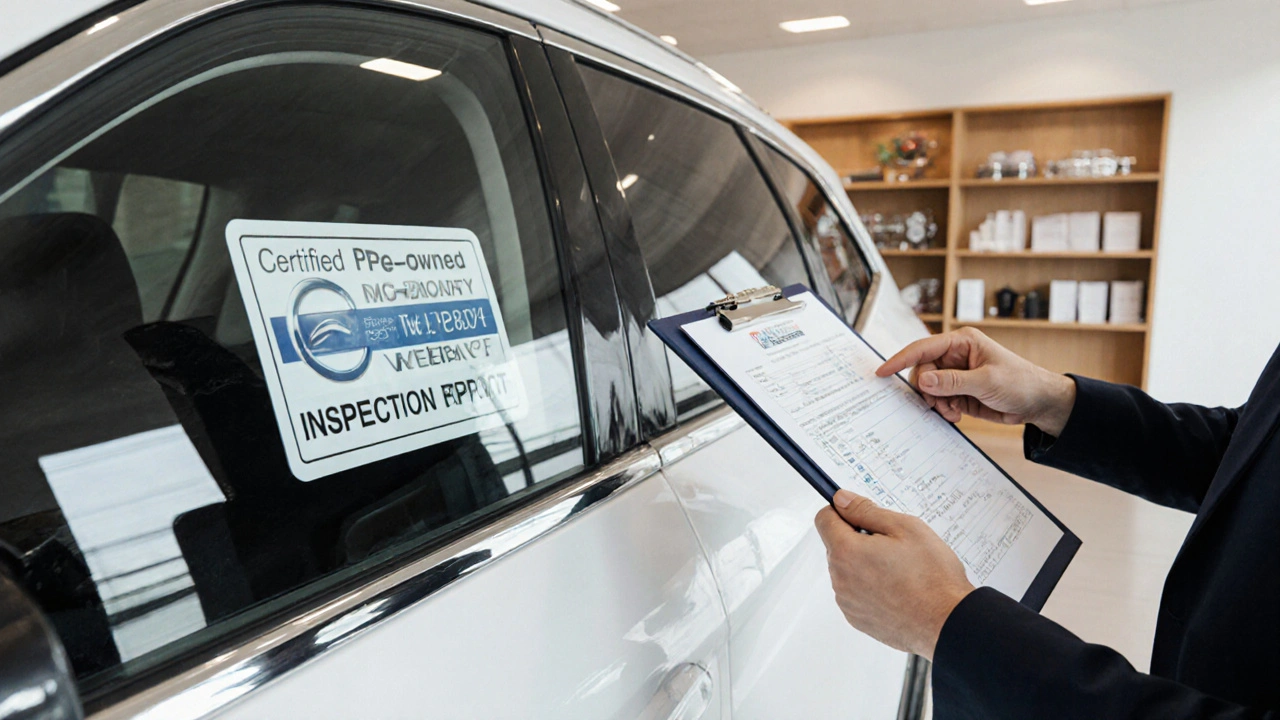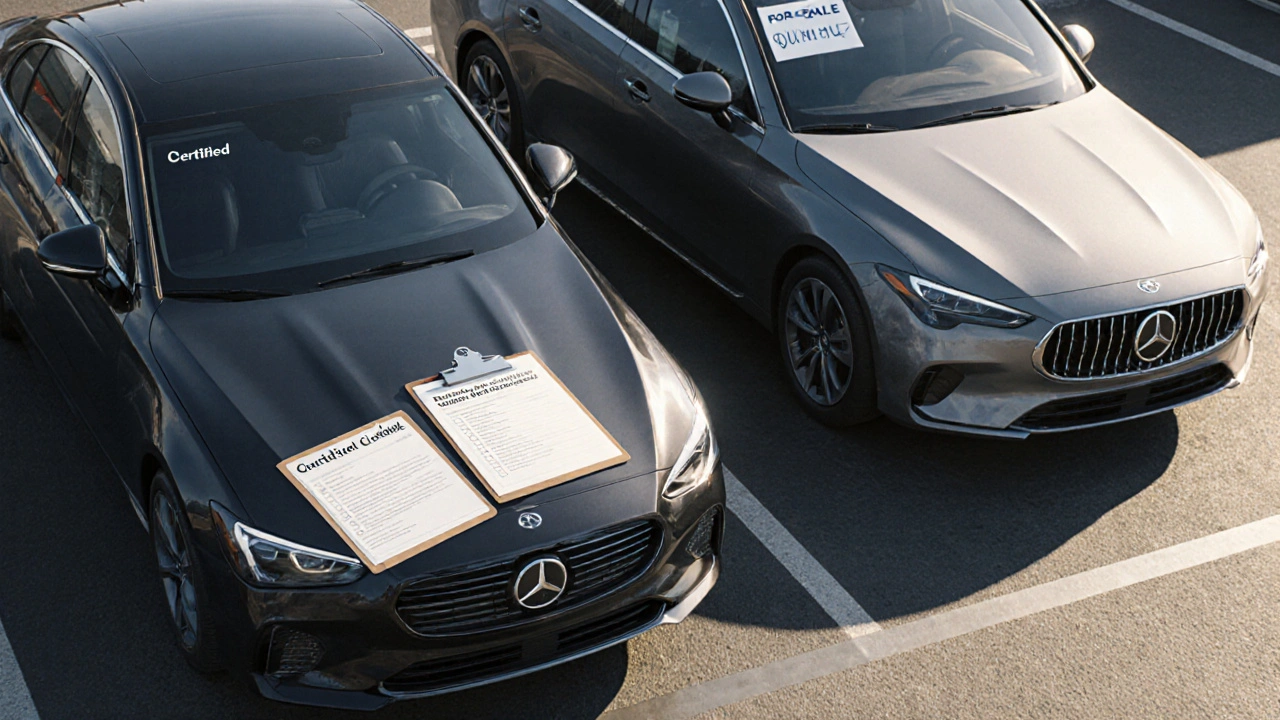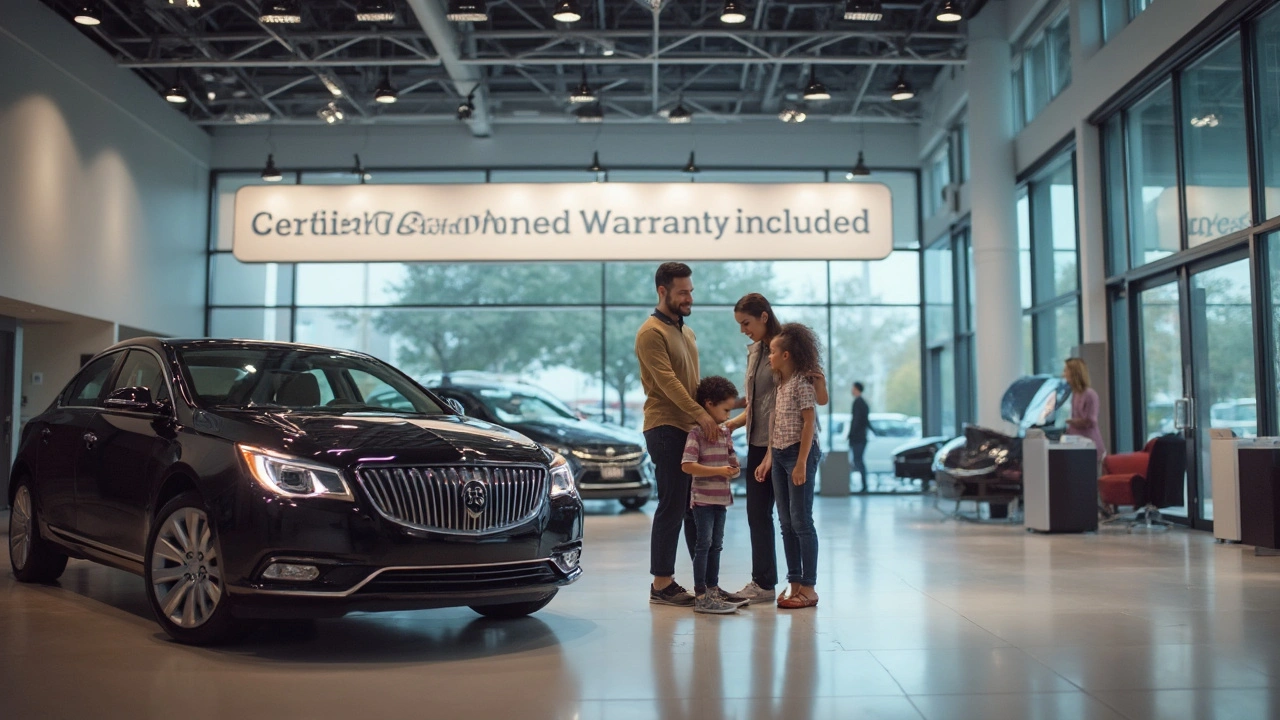When you're buying a used car, one big question is: what about the warranty? Unlike new cars, used vehicles don’t always come with the same kind of coverage. But that doesn’t mean you’re out of luck. Understanding used car warranties can save you from surprise repair bills and give you peace of mind.
First off, there are two main types of warranties you might encounter with used cars: manufacturer certified pre-owned (CPO) warranties and dealer or third-party warranties. CPO cars usually come with a limited warranty backed by the automaker, often extending the original coverage or adding extra perks. These are generally more trustworthy because the cars go through strict inspections before getting certified.
Not every warranty covers the same stuff. Typically, warranties can include powertrain coverage, like your engine and transmission, which are costly to fix. Some might cover basic components like brakes or electrical systems, but those are less common. Always read what’s included and what’s not. A good tip: watch out for things like wear-and-tear items or routine maintenance, which most warranties won’t cover.
Another thing to keep in mind is the duration and limits. A used car warranty might last a specific number of months or miles — whichever comes first. For example, a 12-month/12,000-mile warranty is common. If your warranty runs out before you hit the mileage limit or vice versa, coverage ends. Knowing these details helps you decide if the warranty is worth it.
Extended warranties are offered to cover your car beyond the original period. They can be tempting, especially on pricier used cars. But think twice before buying one. Some extended warranties cost a lot but don’t offer full coverage or have many exclusions. If you do want one, check reviews of the warranty provider, what exactly is covered, and whether you can take the car to any mechanic or just certain shops.
If you’re buying from a dealer, ask questions like: Is the warranty transferable if you sell the car? Is there a deductible? How do I file a claim? Getting clear answers up front avoids headaches later.
Remember, a warranty is there to help protect you, but it’s not a free pass to ignore regular maintenance. Keeping up with oil changes, tire rotations, and other upkeep plays a big part in preventing breakdowns, warranty or not.
All in all, a used car warranty can be a smart move if you understand what it covers and how it works. It’s worth weighing the costs, coverage, and your tolerance for risk before sealing the deal. Got a warranty question? Check out our other guides for tips on certified pre-owned cars and finding reliable dealers to make your used car buying experience smoother and less stressful.
Posted by
Liana Harrow
11 Comments

Certified pre-owned cars offer manufacturer-backed warranties, inspections, and peace of mind. Learn if the extra cost is worth it compared to regular used cars in the USA.
read morePosted by
Liana Harrow
0 Comments

Learn the key differences between certified pre‑owned and pre‑owned cars, from inspections and warranties to pricing and resale value, so you can choose the right used vehicle.
read morePosted by
Liana Harrow
10 Comments

Shopping for a certified pre-owned (CPO) car in the USA means more than just getting a used vehicle—it also means getting a special warranty. This article breaks down exactly what kind of warranty you can expect on a CPO car, how it compares to regular used car warranties, and what to watch out for in the fine print. Get tips on how to use your warranty, know the signs of a good deal, and avoid unexpected costs. Everything you need to know is right here.
read more